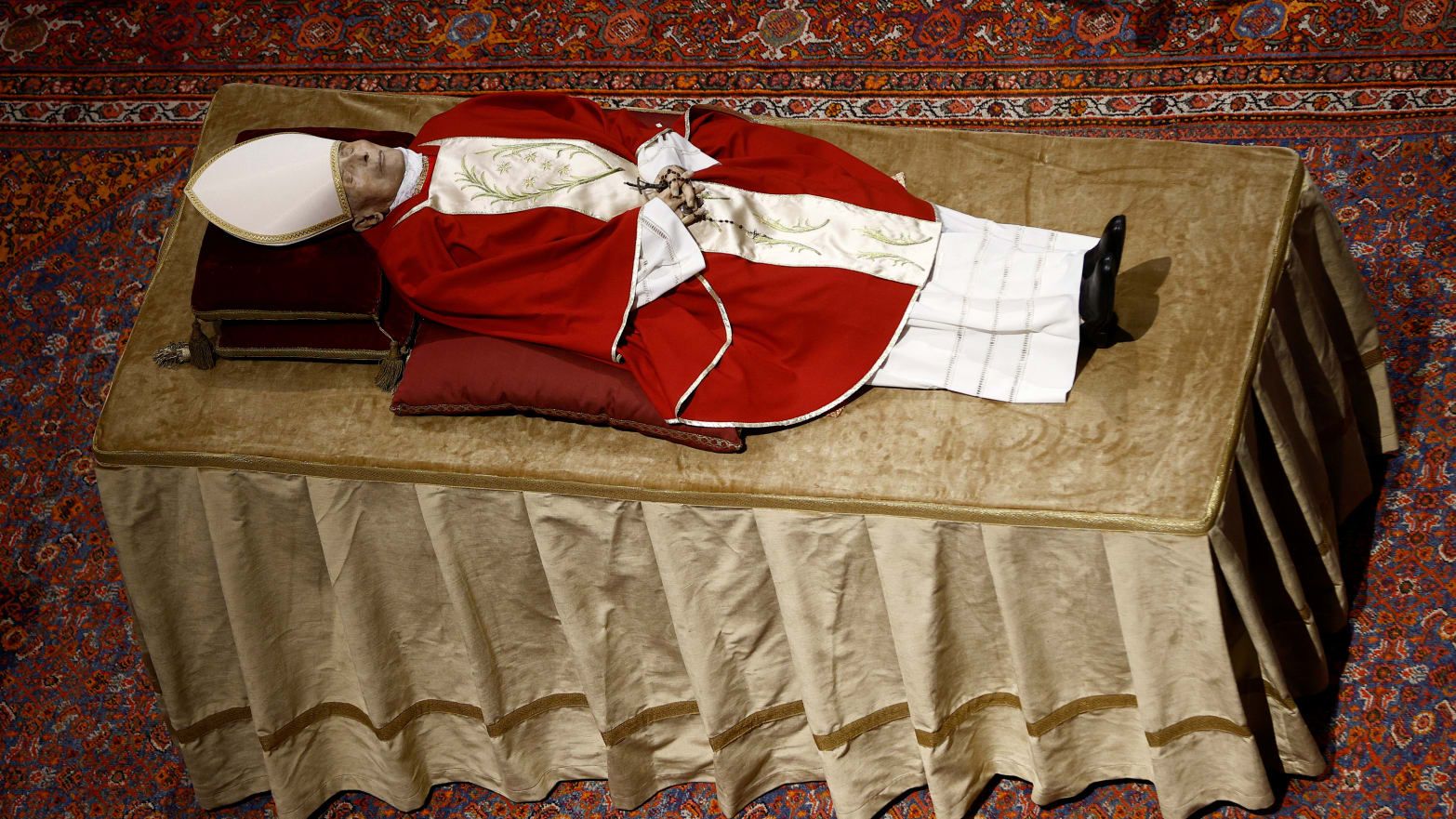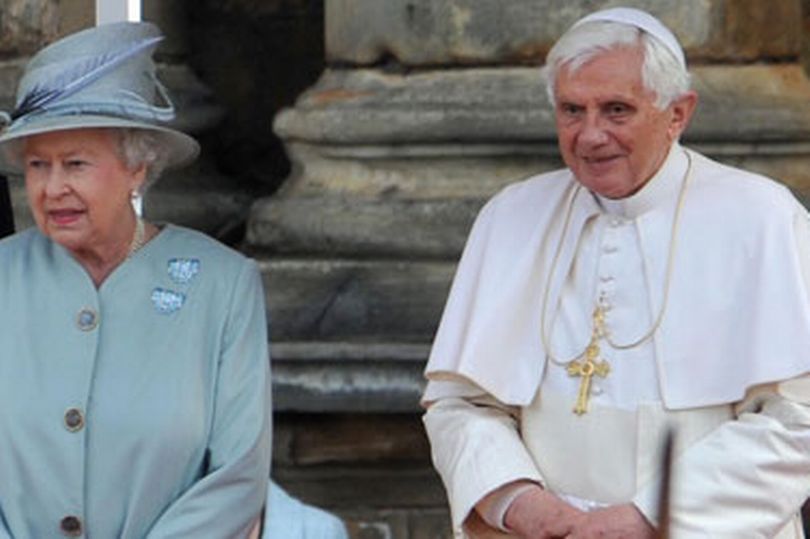Message of Abbot Paul - Thursday 5th January 2023
Abbot Paul • January 5, 2023


As today we will witness the funeral of Pope Emeritus Benedict XVI, I thought you might like to read a short reflection he gave on death. Forgive me if you have already seen this elsewhere.
“Dear Brothers and Sisters:
During these days that follow the liturgical commemoration of the dead, many parishes celebrate the octave of the dead, an appropriate occasion to remember our loved ones in prayer and to meditate on the reality of death, which the "civilization of comfort" often tries to remove from people's conscientiousness, immersed in the concerns of daily life.
To die, in fact, is part of life and not only of its end, but, if we pay attention, of every instant. Despite all the distractions, the loss of a loved one makes us discover the "problem," making us feel death as a radically hostile presence contrary to our natural vocation to life and happiness.
Jesus revolutionized the meaning of death. He did so with his teaching, above all by facing death himself. "Dying he destroyed death," says the liturgy of the Easter season. "With the Spirit that could not die, Christ defeated death that was killing man," wrote a Father of the Church (Melito of Sardis, "On Easter," 66). In this way, the Son of God wished to share our human condition to the end, to open it to hope. Ultimately, he was born to be able to die and, in this way, to free us from the slavery of death. The Letter to the Hebrews says: "that by the grace of God he might taste death for everyone" (2:9).
Since then, death is no longer the same: It has been deprived, so to speak, of its "venom." The love of God, acting in Jesus, has given new meaning to the whole of man's existence and in this way, has also transformed death. If in Christ human life is a departure "from this world to the Father" (John 13:1), the hour of death is the moment in which this departure takes places in a concrete and definite way.
Those who commit themselves to live like him are freed from the fear of death, no longer showing the sarcastic smile of an enemy but offering the friendly face of a "sister," as St. Francis wrote in the "Canticle of Creatures." In this way, God can also be blessed for it: "Praise be to you, my Lord, for our Sister Bodily Death." We must not fear the death of the body, faith reminds us, as it is a dream from which we will awake one day.
The authentic death, which one must fear, is that of the soul, called by the Book of Revelation "second death" (cf. 20:14-15; 21:8). In fact, he who dies in mortal sin, without repentance, locked in prideful rejection of God's love, excludes himself from the Kingdom of life.
Through the intercession of Mary Most Holy and of St. Joseph, let us pray to the Lord for the grace to prepare serenely to depart from this world, when he wills to call us, with the hope of being able to be with him eternally, in the company of the saints and of our deceased loved ones.”
This short address was given at the Angelus on 6th November 2006 in Rome.









